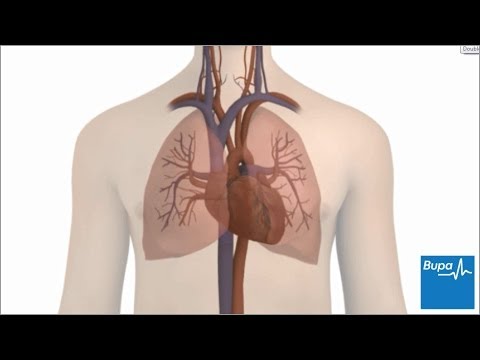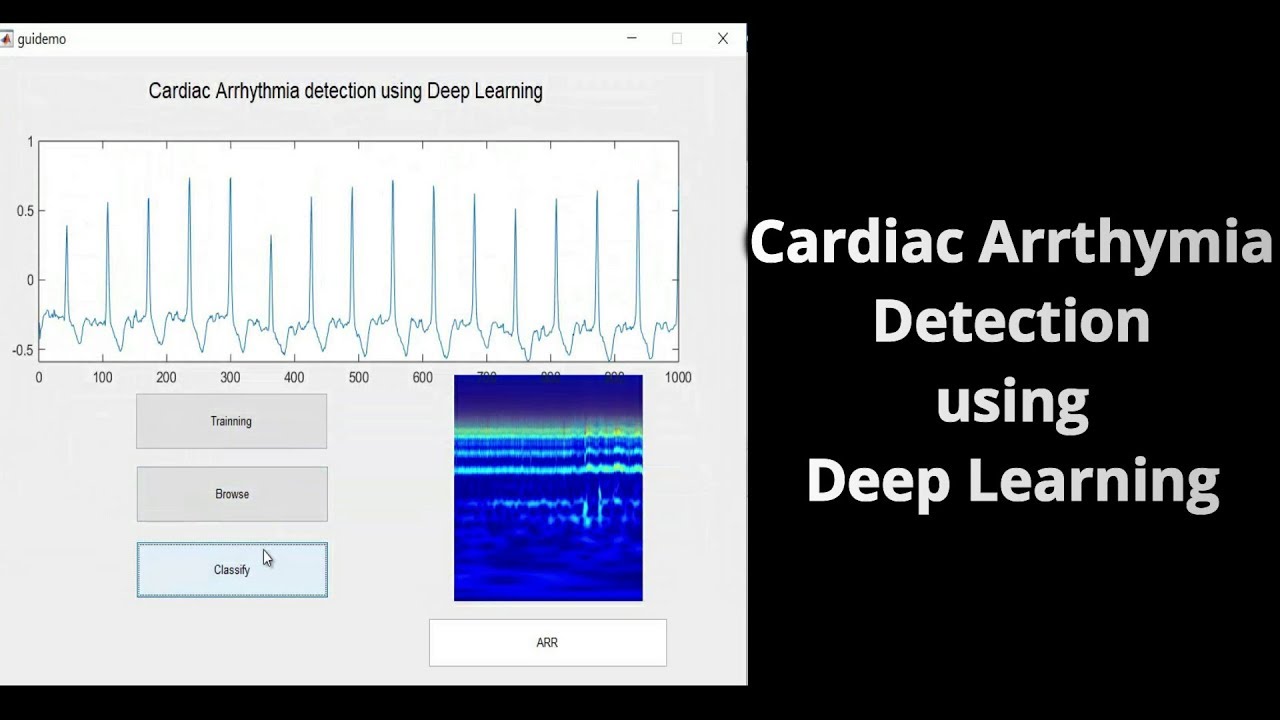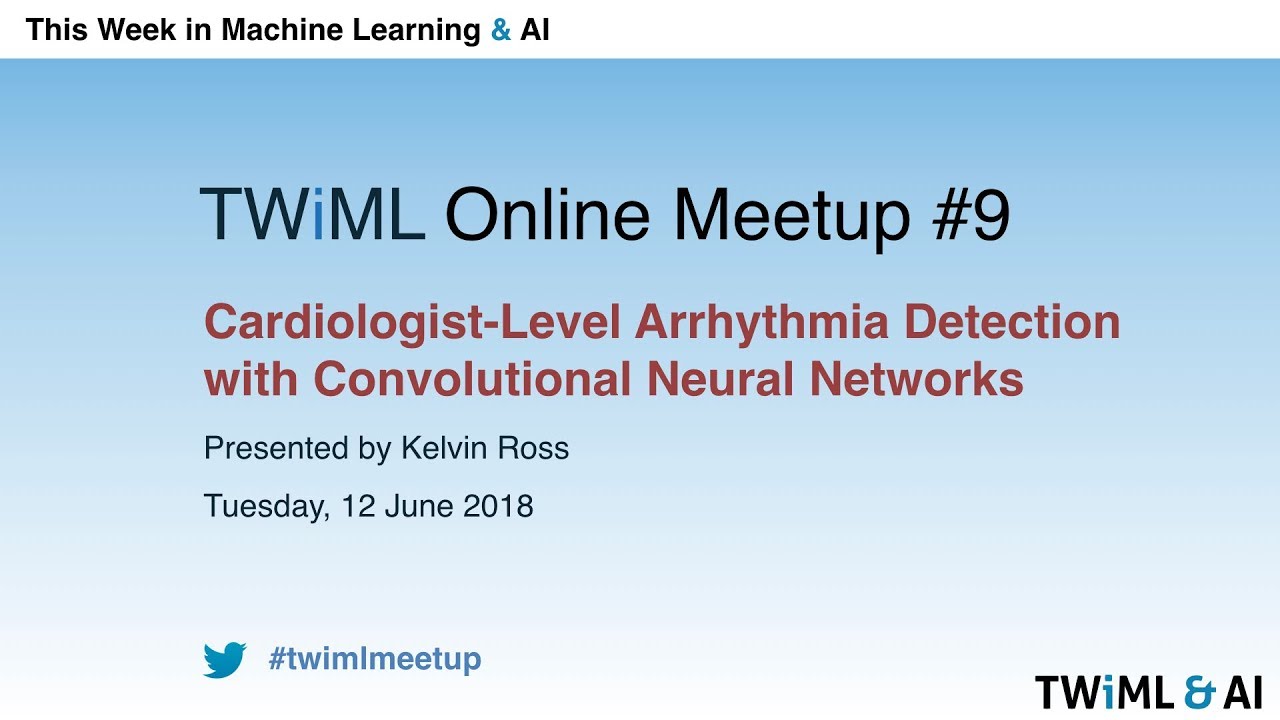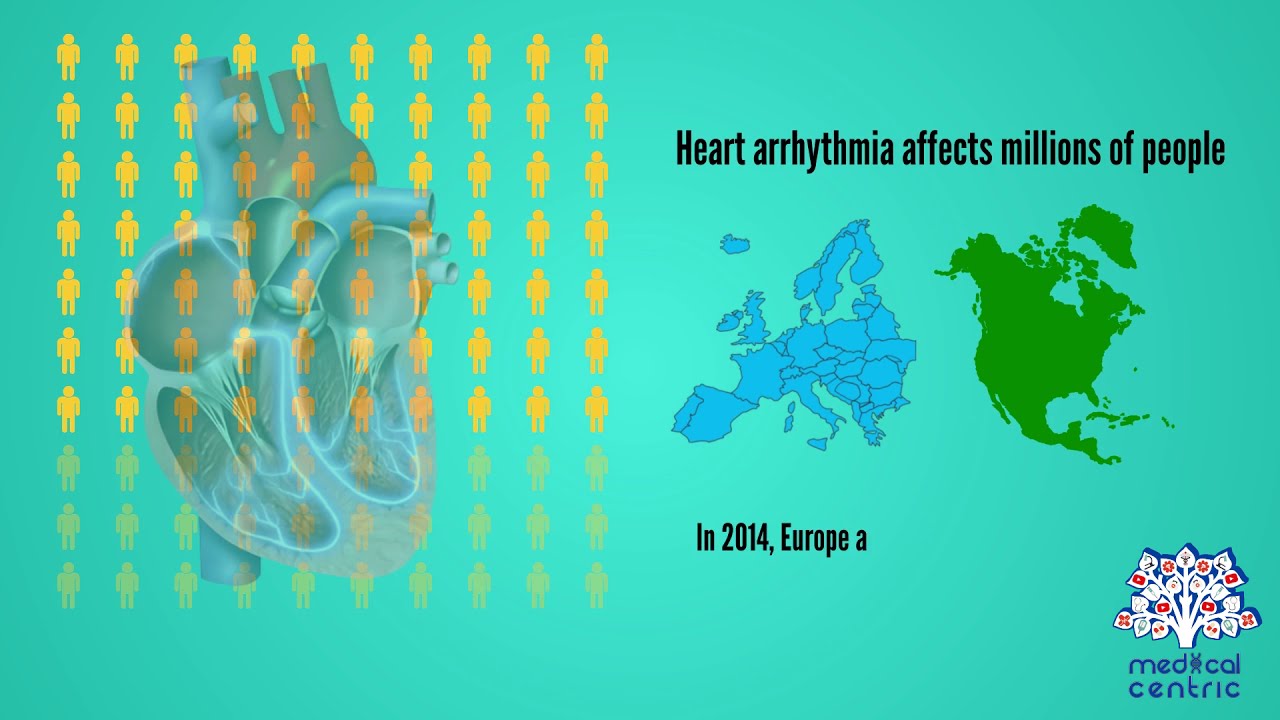What is it?
Understanding Heart Arrhythmia is the first part to effective treatment and prevention.
- Very Common
- Symptoms similar irregular pacing of heartbeat, should be examined by doctor
- Treatable by a medical professional

Heart arrhythmia develops when the heart is unable to regulate electrical impulses that coordinate heartbeats. This causes it to beat too fast or too slow. Heart arrhythmia can be harmless and may feel like a minor inconvenience. However, in more severe cases, heart arrhythmia may require urgent medical attention if the patient has other diseases that could exacerbate their condition. Heart rhythm problems occur when the electrical signals that coordinate the heart's beats don't work properly. The faulty signaling causes the heart to beat too fast (tachycardia), too slow (bradycardia) or irregularly. Heart arrhythmia can have no symptoms or contribute to heart attacks, strokes or sudden cardiac arrest and thus, be fatal. Some risk factors include a previous history of heart disease or heart surgery, thyroid disorders, diabetes, excessive alcohol, smoking or stimulant drug use. Men are also slightly more prone to it, but women suffer greater risk of death. Heart arrhythmia treatment may include medications, catheter procedures, implanted devices electricity through defibrillation, ablation (radio frequency), monitoring by machines, regular checkups, or surgery to control/eliminate the irregular heartbeats. A heart-healthy lifestyle can help prevent heart damage that can trigger certain heart arrhythmias.
You Can Prevent Heart Arrhythmia
There are many ways to reduce the chances of sustaining heart arrhytmia. See prevention tips listed below.
- Reducing intake of salt, sodium, and fat/li>
- Including fruits, vegetables, and whole grains in the diet
- Maintaining regular physical activity and the recommended weight
- Monitoring the blood pressure, blood sugar and cholesterol levels
- Quit smoking and alcohol, limit caffeine intake
Find out more about how Dasion diagnoses Heart Arrhthmia.
Upload your EEG data to our service and receive accurate diagnoses immediately.
Existing Diagnosis Models:
What does Heart Arrhythmia look like?
Find out if you may have sustained Heart Arrhythmia.
Heart Arrhythmias can be diagnosed by the signs and symptoms, but may be confused with the severity of it:
- Checking your pulse and measuring it
- If pulse is irregular or heart beats out of turn (suddenly and strongly)
- Chest pain and shorthness of breath
- Lightheadedness or dizziness
Note: Should still be diagnosed by a doctor.





